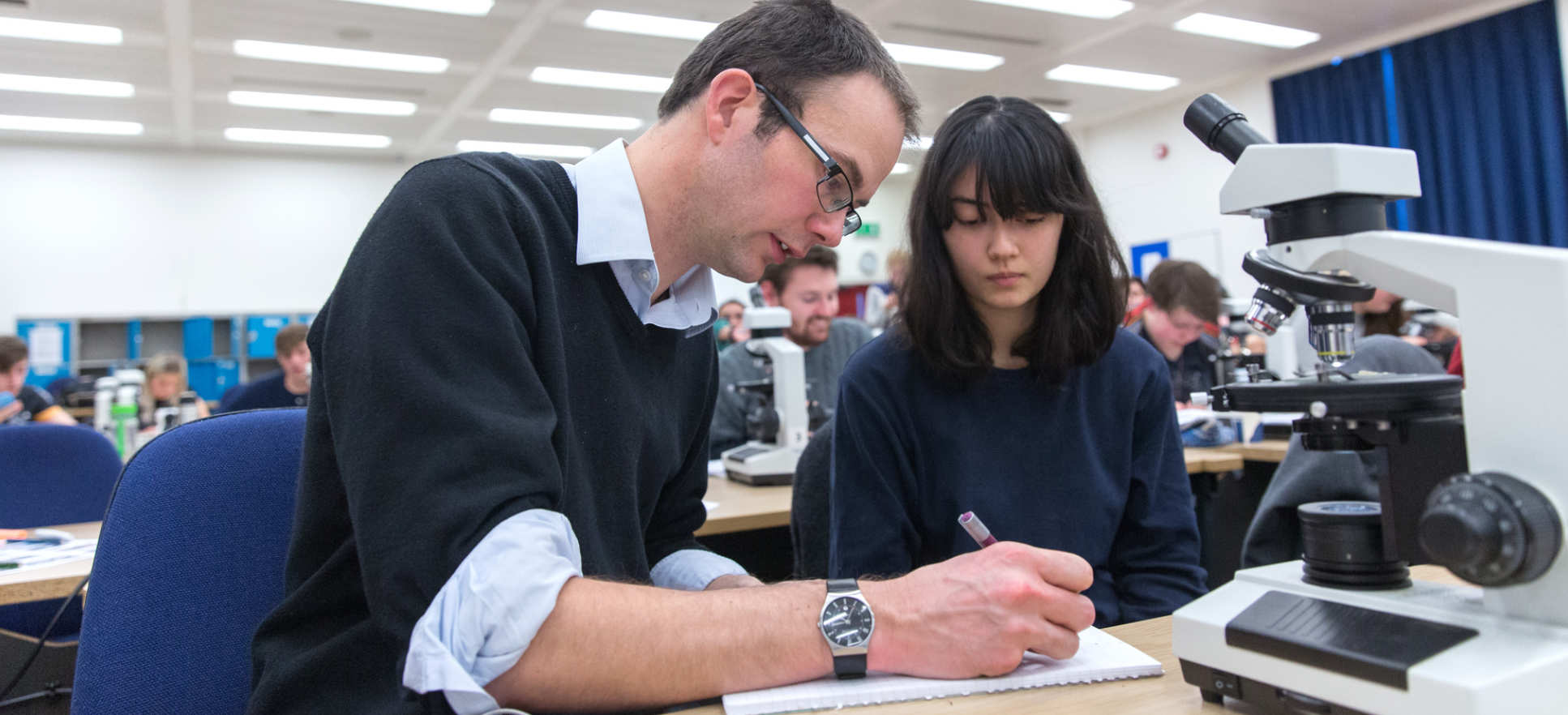
Wise words
"The scientist is not a person who gives the right answers, they're the one who asks the right questions."
– Claude Lévi-Strauss
Thinking critically is one of the most important skills you will develop whilst at university, and at the heart of critical thinking, is questioning. Questioning lecturers, questioning research and information, and questioning ourselves. By asking the right questions, you will find you are closer to the right answers.
Questioning lecturers
Whilst preparing for lectures and reading around the topic, make a note of any questions you have in advance of the lecture. Hopefully the question will be answered during the lecture, or the information will clarify the answer in your own mind. If you're still not clear, don't be afraid to ask - lecturers expect to be asked questions and will often allocate time during of after the lecture for questions. If they don't invite questions, you can always approach them privately at the end.
Questioning peers
During tutorials and group work, you will have lots of opportunities to discuss ideas, theories, research and concepts with your peers. Be open to questions and don't be afraid to ask questions too. But remember, no one likes to feel interrogated so make sure the questions are asked with good intention. Discussing your work can often lead you to new ideas, or help you to formalise your thoughts.
Questioning information
At school, college or sixth form, you are usually taught to accept the information you're given. At university, you are encouraged to question, challenge and interrogate it. Being able to identify gaps and inconsistencies in research and literature will help you to identify areas for further investigation and development whether that's in your essays, lab work or your dissertation. Question whether a source is reliable, whether research methodology is valid, or whether there are any counter-arguments.
Questioning yourself
Developing your skills as a student will involve lots of personal reflection. Throughout this site we have challenged you to question yourself - Why are you taking notes? What type of learner are you? What are your strengths in a team? Reflecting on how you learn and behave in class and lectures will help you to better understand your motivations, preferences, strengths and weaknesses. If you realise that a particular strategy didn't work, change your approach and see if it works better next time. Spend time each day reflecting on what you've learnt about your subject but also about yourself.
And once you've asked all those questions - don't forget to listen to the answers.
Next Page
Coaching